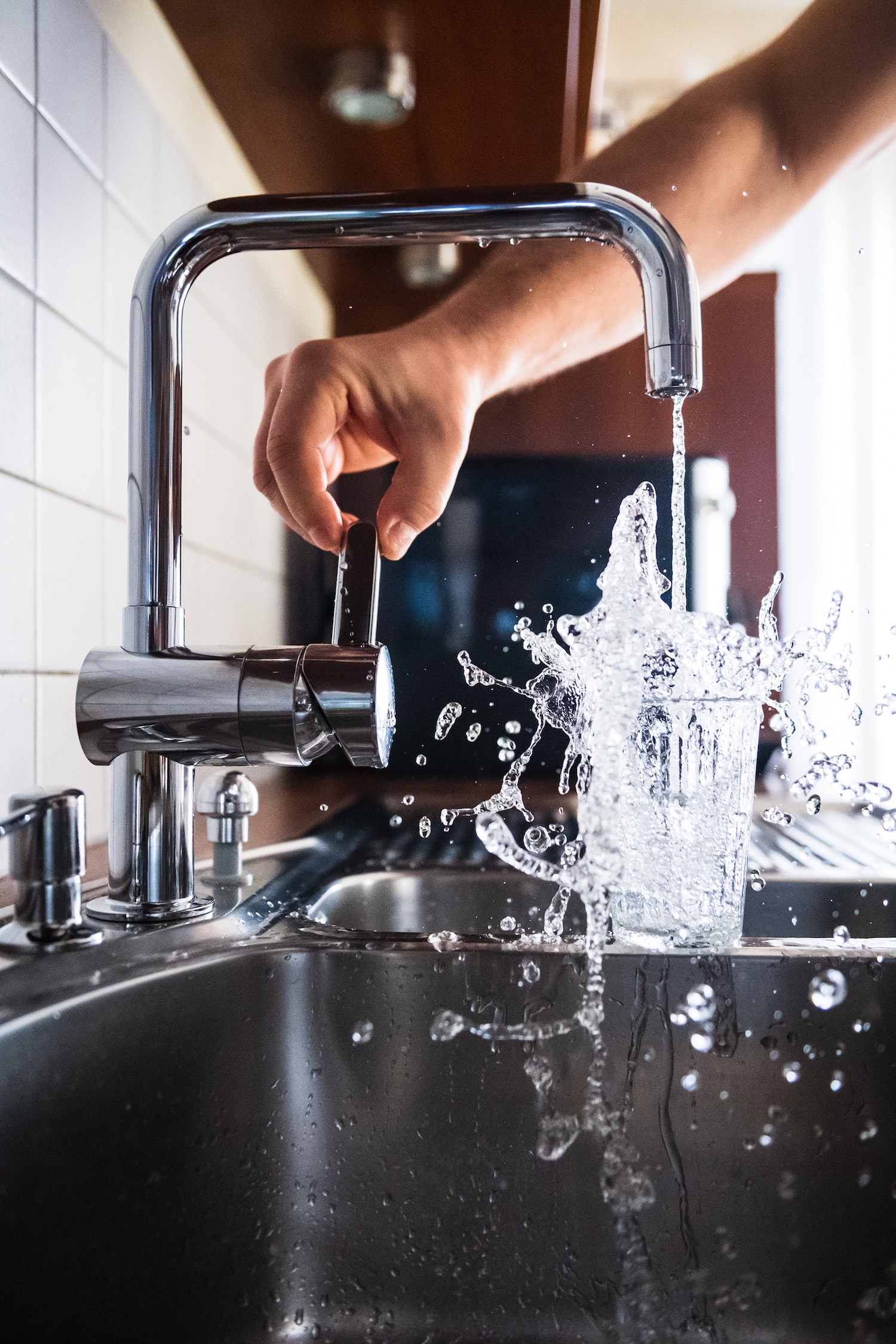My Ultimate Guide: Five Winterizing Techniques to Stop Pipe Bursts in Chilly Conditions
My Ultimate Guide: Five Winterizing Techniques to Stop Pipe Bursts in Chilly Conditions
Blog Article
Were you on the lookout for details concerning Prevent Freezing and Bursting Pipes?

All homeowners who live in pleasant climates should do their ideal to winterize their pipelines. Failure to do so can lead to catastrophe like frozen, cracked, or burst pipelines.
Turn On the Faucets
When the temperature declines and it seems as if the frigid temperature level will last, it will help to turn on your water both inside your home and also outdoors. This will keep the water moving through your plumbing systems. On top of that, the activity will certainly slow down the cold process. Significantly, there's no need to turn it on full force. You'll wind up wasting gallons of water by doing this. Rather, go for about 5 drops per minute.
Open Up Cupboard Doors Hiding Plumbing
When it's cool outside, it would certainly be valuable to open up cabinet doors that are camouflaging your pipelines. Doing this tiny technique can keep your pipes cozy and limit the potentially dangerous end results of freezing temperature levels.
Take Some Time to Cover Exposed Water Lines
One cool and also simple hack to warm up icy pipes is to wrap them with cozy towels. You can cover them initially with towels. After protecting them in position, you can pour boiling water on the towels. Do it slowly to let the towels soak up the fluid. You can also make use of pre-soaked towels in hot water, just do not fail to remember to wear protective gloves to protect your hands from the heat.
Attempt a Hair Clothes Dryer or Warm Gun
When your pipelines are almost freezing, your dependable hair clothes dryer or heat gun is a godsend. If the hot towels do not aid displace any type of resolving ice in your pipes, bowling hot air straight into them might aid. You might end up damaging your pipes while attempting to melt the ice.
When Pipelines are Frozen, close Off Water
If you notice that your pipelines are totally frozen or almost nearing that stage, turn off the major water shutoff right away. You will usually find this in your basement or utility room near the heater or the front wall closest to the street. Transform it off right now to prevent more damage.
With even more water, more ice will certainly stack up, which will at some point lead to break pipelines. If you are uncertain concerning the state of your pipelines this winter, it is best to call a specialist plumber for an examination.
All homeowners who live in pleasant climates should do their best to winterize their pipes. Failing to do so can mean catastrophe like frozen, split, or ruptured pipes. If the warm towels do not help displace any settling ice in your pipelines, bowling warm air straight right into them might help. Transform off the primary water shutoff right away if you discover that your pipes are completely icy or practically nearing that phase. With even more water, even more ice will certainly pile up, which will at some point lead to rupture pipelines.
How to Prevent Frozen Pipes This Winter: A Simple Guide
Have you ever dealt with frozen pipes in the winter? If so, you know what a pain they can be. When water freezes, it expands. This expansion puts a huge amount of pressure on your pipes and it can cause pipes to burst, making a huge mess of your home.
If they don’t burst, they may crack. This is a less noticeable problem, but it’s still a big deal. As water leaks, your home will accumulate moisture which leads to mold and mildew.
Do you know how to prevent frozen pipes to protect your home? Let’s talk about it. Keep reading for our brief guide for avoiding frozen pipes.
Keep Cabinet Doors Open
When it gets too cold outside it’s a good idea to leave the cabinet doors in your bathroom and kitchen open.
Why is that?
You want as much heat as possible to get to the pipes. The cabinets are dark and cold and they don’t get any air circulation. This makes the pipes more likely to freeze.
When you let the warm air from the rest of the house circulate around the pipes, it keeps them safe.
Apply Heat Tape and Insulation
It’s a good idea to insulate your pipes during the winter. There are several ways to do this on your own.
You can buy pipe insulators. They’re easy to attach to your pipes and easy to remove when the water gets warmer. They look like thick foam and they keep your pipes warm enough to not burst.
You can also apply heat tape (or insulation tape). These are self-adhesive so they’re easy to place and remove as well.
Know When to Call a Plumber
So what if you’ve already done these things but you’re still unsure if it’s enough? What if your pipes have already cracked or burst?
This is when it’s time to contact a plumbing professional.
They know how to prevent frozen pipes and manage pipes that are already frozen before they pose a problem. In the event of a cracked pipe, they can fix that as well.
https://www.mcwilliamsandson.com/blogs/how-to-prevent-frozen-pipes-this-winter-a-simple-guide

As a passionate reader about How to stop pipes from freezing during the winter, I thought sharing that article post was a good thing. I beg you take the opportunity to distribute this write-up if you appreciated it. We love reading our article about Prevent Freezing and Bursting Pipes.
Reliable round-the-clock. Report this page